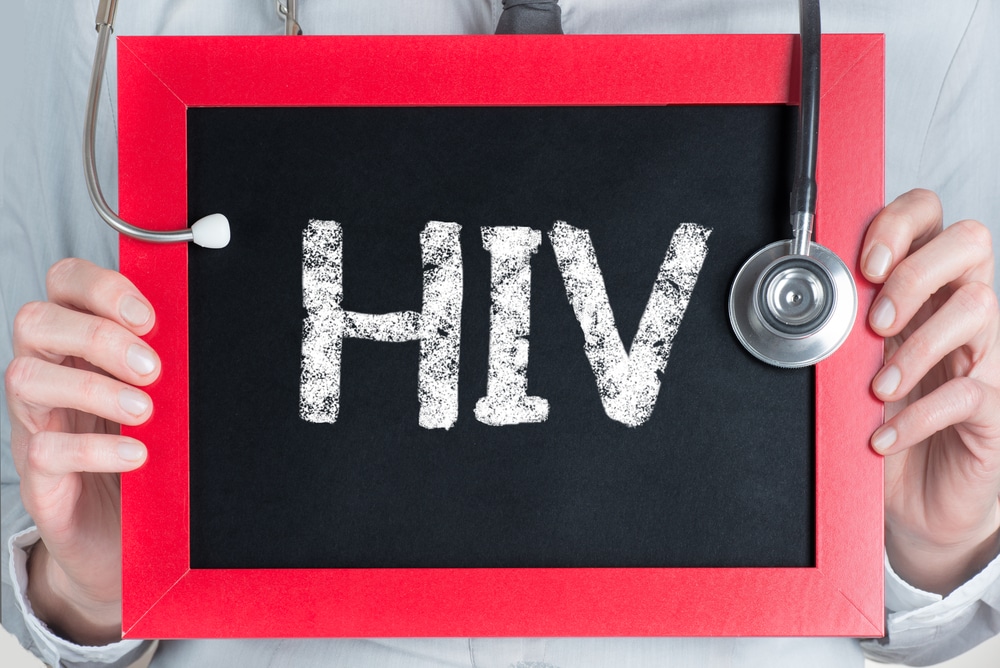HIV, a virus that impacts the immune system, is treatable and can be managed for years if done correctly by medical professionals. When not treated, it can lead to AIDS.
AIDS is a disease that can develop for people with HIV, but just because someone has HIV, it doesn’t mean AIDS will develop. Regardless, proper diagnosis is paramount for HIV so the proper treatment can begin immediately.
HIV Treatments
The main treatment course for HIV consists of antiretroviral therapy, a grouping of daily medications that stop the virus from replicating itself.
The therapy is designed to help HIV from progressing to AIDS, which does not currently have a cure and has a life expectancy of around three years.
When working correctly, the antiretroviral therapy will suppress the viral load, making HIV virtually undetectable in a persons system, even though the virus is still present.
HIV Medications
Approved HIV medications are grouped into six classes:
- Protease inhibitors
- Fusion inhibitors
- Nucleoside reverse transcriptase inhibitors (NRTIs)
- Non-nucleoside reverse transcriptase inhibitors (NNRTIs)
- Integrase strand transfer inhibitors
- CCR5 antagonists, also known as entry inhibitors
These medications prevent HIV from replicating and destroying cells in the body, allowing the immune system to fight the virus.
They are used in combination as part of a treatment plan, often using at least two of the drugs classes noted above, to help prevent HIV from building immunity to the medications being prescribed.
Blood tests are used to track viral loads and adjust medications as necessary, until a medical professional is able to find the right combination that works for the patient.
These medications are improving yearly and helping people live longer lives with HIV.
HIV Medication Side Effects
As with any medication, side effects can and do exist, ranging from dizziness, headaches and nausea, to more serious side effects like kidney or liver damage. Symptoms are usually temporary, but if they persist, medications are adjusted again to find the most appropriate and safe treatment regimen for the patient.
Most Common Signs and Symptoms of HIV
- Weight loss
- Diarrhea
- Nausea and vomiting
- Upset stomach
- Sore throat
- Fatigue
- Night sweats, chills and recurrent fevers
- Swollen lymph nodes
- Headaches and other general aches and pains
- Skin rashes
- Recurrent oral or vaginal yeast infections
- Pneumonia
- Shingles
These symptoms are insanely close to common illnesses like the common cold and flu, making it hard to identify. If they persist over time, or an individual learns they might have been potentially exposed to HIV, it’s incredibly important they seek consultation with a medical professional for diagnosis and testing.








